According to the Ghana Revenue Authority (GRA), individuals such as bloggers, brand influencers, and MCs are required to pay taxes.
Ghana is one of the nations where the taxes of revenue derived from digital sources has been a hotly debated issue.
While traditional sources of income are relatively straightforward to tax, digital earnings present distinctive challenges.
The GRA’s decision to consider taxing bloggers and similar entities has sparked numerous concerns.
However, in an interview with Citi News, the Commissioner in charge of the domestic tax revenue division of the GRA, Edward Gyambra, emphasized that the expansion of the tax base does not entail the creation of a new tax.
Rather, he said, it is considered fair for businesses generating income to contribute their share.
He explained that the GRA is simply expanding the tax net to include all businesses, regardless of whether they operate online or offline.
“Some people doing business online is something that is on the blog globally and if you remember last year, we also launched our e-commerce taxation and as part of getting online people to pay taxes all these players will be brought to book to ensure that they also pay their bit of taxes to the country.”
“We are expanding the tax net, and it doesn’t mean we are introducing a new tax. If you are generating income from any business, that income is taxable and so if you sit behind your computer and create content and generate income from that, we will tax that income,” he added.














